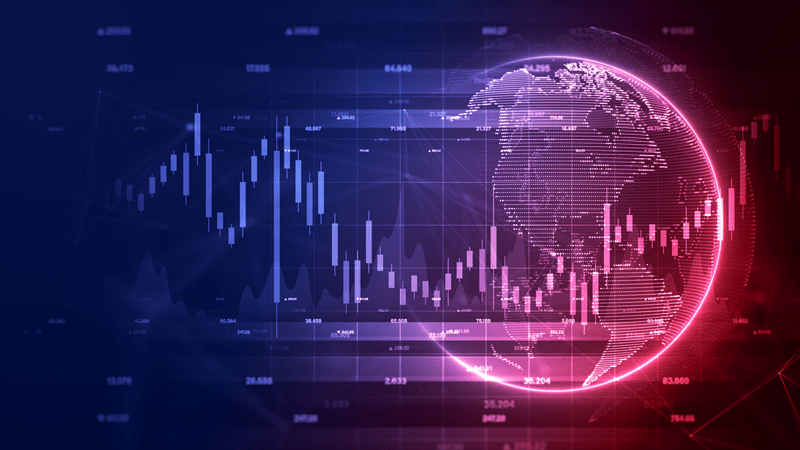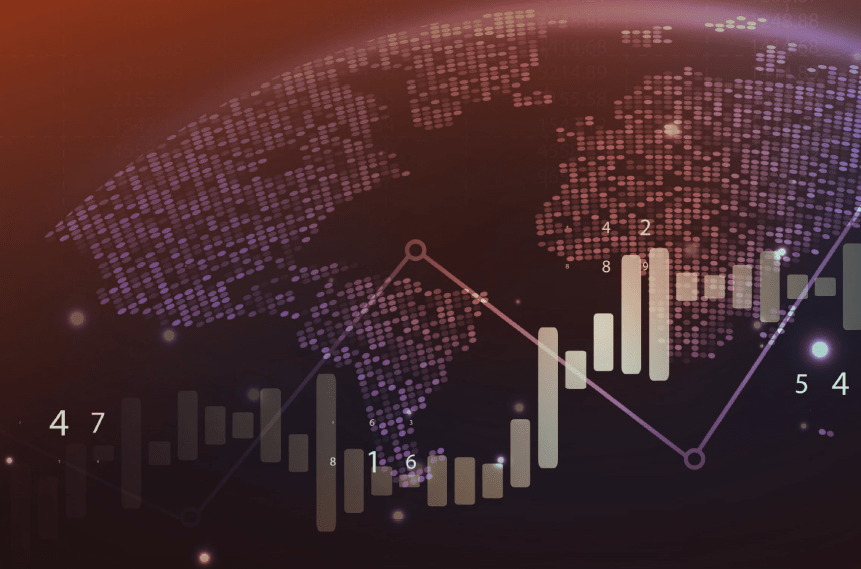
Our Capital Markets and Asset Allocation Team has released their Annual Secular Outlook for 2025. The report paints a challenging picture of the global economy, forecasting rising risks from unsustainable debt, geopolitical rifts, and climate inaction, while asking can AI deliver on its economic promise.
“Coming into 2025, the global economy faces unprecedented challenges. Geopolitical ruptures, inequality driving the rise of far-right populism, and wilful inaction on climate change jeopardising any chance of an orderly energy transition. Investors must brace for volatility and rethink strategies to mitigate these systemic risks,” said Chris Trevillyan, Director of Investment Strategy.
We highlight the shift from open global trade to fragmented ‘power blocs’ driven by US-China tensions, fragmentation it says threatens global economic growth which could spark an era of resource competition and conflict. “Slowbalisation is just the start—deeper fractures are already forming,” the report argues.
At the same time, climate crisis action is stalling, raising risks for investors, and the world more broadly. Global carbon emissions continue to climb, pushing the Paris Agreement’s goals further out of reach. We warn a second Trump presidency promises to set back climate efforts globally, with the US poised to withdraw from international agreements and expand fossil fuel production. The report warns of a “disorderly transition” to net zero that will spike costs and destabilise economies.
Yet another factor set to fuel market instability is income inequality which has hit record highs with corporate profits soaring while real wages for many workers remain stagnant. Our report points to growing political polarisation and populism as symptoms of this imbalance, warning that inequality threatens both social cohesion and ultimately economic stability.
Governments around the world are challenged to address issues around income inequality and provide fiscal relief to households with debt reaching record highs globally, while rising interest costs consume fiscal budgets. We warn that many countries face potential financial instability, with emerging economies particularly vulnerable. “High debt levels are a ticking time bomb,” the report states, cautioning that future shocks could trigger a global debt crisis.
However, there is some hope on the horizon.
Artificial intelligence is poised to be a transformative force in the global economy, with potential to boost productivity and drive innovation. We highlight the significant progress being made, particularly in the US, where large R&D investment is positioning AI as a key driver of economic growth. While the pace of adoption varies globally, there are exciting opportunities for AI to address stagnating productivity trends and unlock new efficiencies.
“There are no shortage of headwinds facing the global economy that investors need to factor into their asset allocation when positioning their portfolios, both in the near term but particularly so for the longer term.
“But with challenges come opportunity and one of the most exciting is artificial intelligence, which is emerging and evolving at speed. The promise of AI is real, and its potential to reshape industries and enhance productivity is enormous,” said Chris.
“The challenge lies in investment delivering real value-add and ensuring the benefits are shared equitably.”
Our Annual Secular Outlook will be delivered to clients this week to enable discussion and planning for the year ahead. A year which we think will provide plenty of challenges and underscore the value of good advice and robust decision making.


